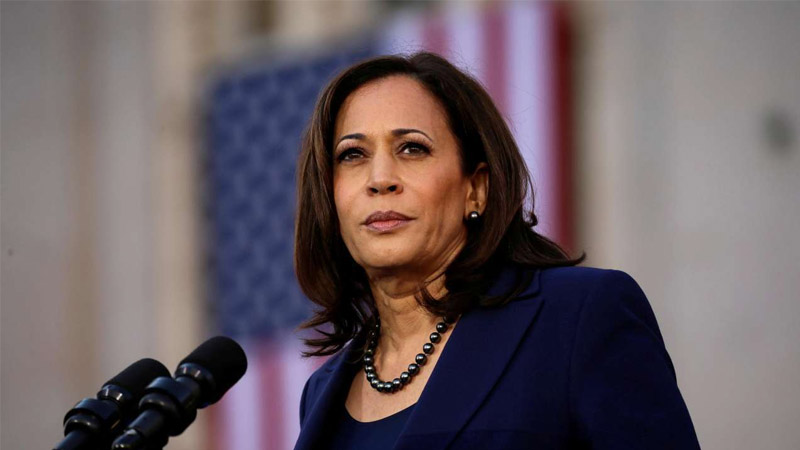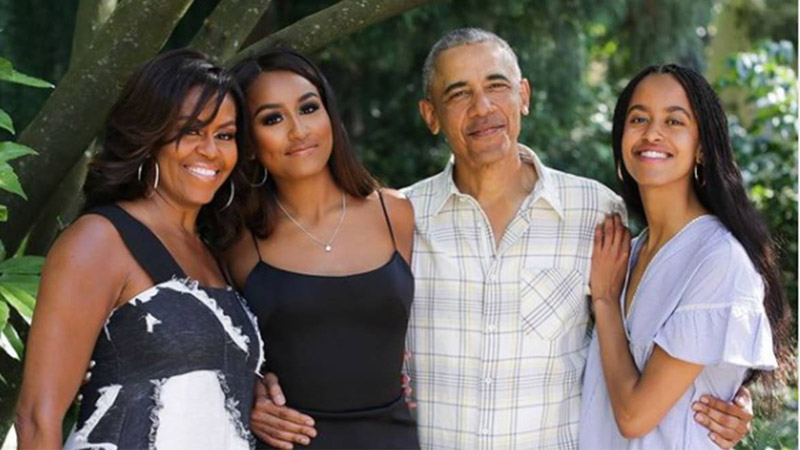Former Trump Attorney Doubts ‘Presidential Immunity’ Will Protect Trump in Jack Smith Case

Doug Mills/The New York Times
Former Trump attorney Tim Parlatore told CNN on Thursday that he doesn’t believe former President Donald Trump will have much success if he tries to claim that everything discussed in special counsel Jack Smith’s latest filing falls under the Supreme Court’s presidential immunity doctrine.
During an interview with CNN’s John Berman, Parlatore addressed Smith’s effort to show that Trump’s infamous “Stop the Steal” rally on January 6, 2021, was a campaign event, not an official presidential act. Smith’s filing pointed out that Trump used music from his 2020 campaign rallies rather than formal presidential tunes like “Hail to the Chief” to emphasize the rally’s political nature.
“There were certain things he did that were clearly campaign-related,” Parlatore admitted. “I never tried to advance the argument that everything here was presidential.”
However, Parlatore did criticize Smith for “cherry-picking” facts about the rally. He pointed to Trump’s statement encouraging supporters to “peacefully” march to the Capitol as evidence that Trump did not intend for the riot to happen, even though the former president sat idly for three hours while his supporters stormed the Capitol and ignored repeated calls from fellow Republicans to intervene, as per reports The New York Times.
When Berman asked Parlatore if he thought Trump’s January 5 conversation with Steve Bannon would qualify as an “official act” of the president, Parlatore suggested it would not. “I’m pretty sure that that would be political,” Parlatore said, noting that “Steve Bannon, he was no longer with the White House at that point.”
Parlatore’s comments highlight the challenges Trump faces in arguing that his actions leading up to and on January 6 are protected by presidential immunity. Smith’s filing meticulously lays out evidence that Trump’s rally and related actions were more aligned with his political campaign than his official duties as president, further complicating any legal defense that leans on executive privilege.


